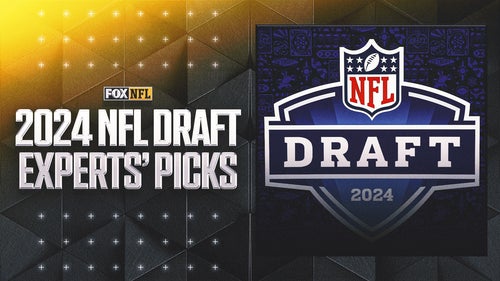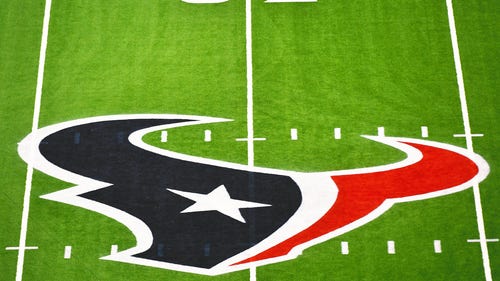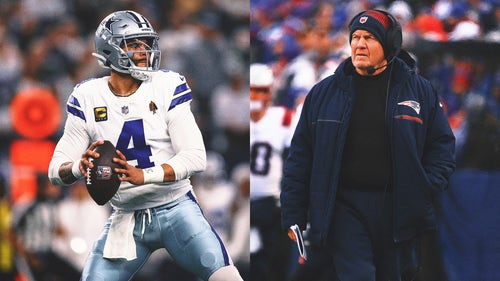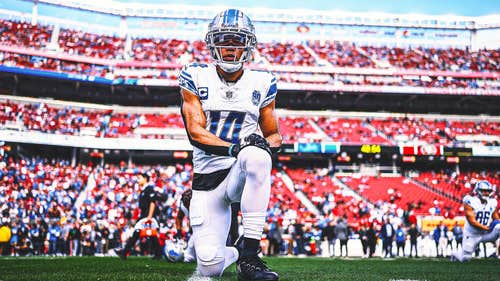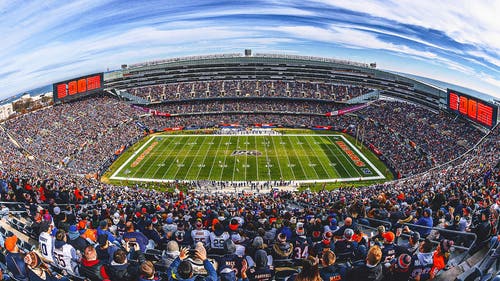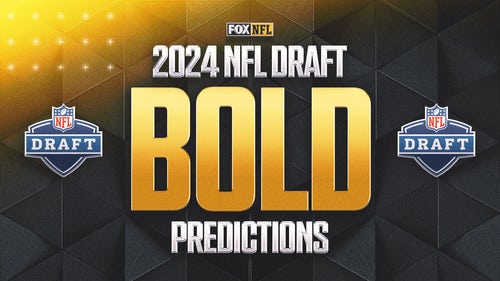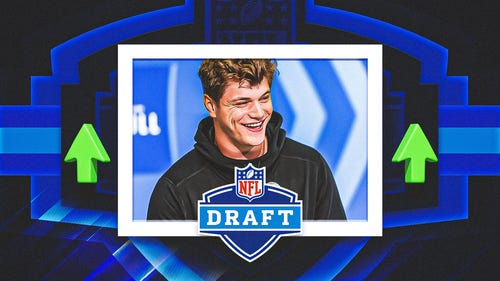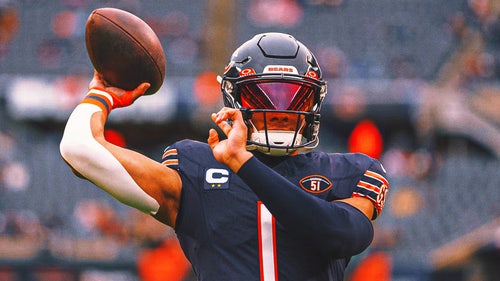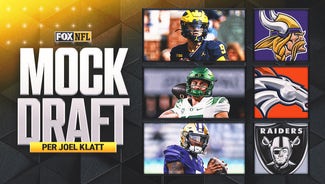
Cowboys finally are getting wise with personnel moves
It's OK, Dallas Cowboys fans.
Mourn the departure of the NFL's reigning rushing leader. It stings, especially with DeMarco Murray joining a hated NFC East rival in the Philadelphia Eagles.
But remember this amid the pain and anger: These are the types of tough decisions that must sometimes be made by model NFL franchises.
Yes, the words "model franchise" and "Dallas Cowboys" haven't gone together without sarcasm since the glory days of Jimmy Johnson in the early 1990s. Most of the past 20 seasons were marred by poor decision-making and flawed football philosophy by the Jerry Jones-led front office.
The handling of the Murray situation further indicates that those days are gone.
In previous years, Dallas probably would have spent big to keep Murray or at least tried to match the five-year, $42 million contract he signed Thursday with Philadelphia that included $21 million guaranteed. Instead, the Cowboys learned from their 2008 blunder when re-signing fellow running back Marion Barber III to a seven-year, $45 million deal that included $16 million in guaranteed money.
No other franchise knows Murray's strengths, weaknesses and health status like Dallas after four seasons together. This helped the Cowboys formulate a bottom-line price despite their affinity for a workhorse who carried the football a ridiculous 436 times (392 in regular season, 44 in playoffs)on a 12-4 team that reached the second round of the playoffs.
Even after the Eagles surprisingly swooped in, Dallas held steady because of the impact that boosting its offer would have on the franchise's salary cap and other desired roster moves — not just for 2015, but beyond. The league's most consistently successful squads stick to their guns and employ that same thought process.
"Obviously, therez is emotion involved in these decisions," Jones said Thursday night in a team-released statement. "But it is critical that there be must be discipline involved as well. If it were a question of having an open checkbook with no salary-cap constraints, we all know things would have worked out differently."
Whether Murray will boom or bust for the Eagles is something nobody knows. Murray could thrive in Chip Kelly's offense or get plagued by injuries again like in his first three NFL seasons.
But at least the Cowboys' reasoning is solid. The same goes for a litany of other decisions made since last year.
One of the biggest was avoiding the temptation to select quarterback Johnny Manziel in the 2014 draft because of the sizzle he was supposed to provide and instead choosing guard Zach Martin. Manziel was a rookie bust in Cleveland and remains in a rehabilitation facility for substance-abuse this offseason. Martin became the first Cowboys rookie in 45 years voted to the prestigious Associated Press All-Pro team.
The days of desperation trades (wide receiver Roy Williams) and overpriced free-agent signings to fill holes (cornerback Brandon Carr) are in the past as well. The Cowboys also have shown restraint in contract negotiations with wide receiver Dez Bryant, using the franchise tag to retain his services for 2015 rather than offer the type of long-term deal his camp wants that Dallas could regret later.
Much of this change is credited to Cowboys executive Stephen Jones. While still the franchise's front man, Jerry Jones has reportedly demurred to his son on a number of personnel decisions. The ascension of assistant personnel director Will McClay has helped rectify previous draft mistakes. There is now a conscious effort to avoid the short-sighted handling of the salary cap — including the regular restructuring of quarterback Tony Romo's contract for immediate relief — that helped trigger the 2014 offseason release of all-time Cowboys sack leader DeMarcus Ware.
Such improvements don't guarantee the Cowboys will become a mistake-free franchise. There is no such thing.
Even with what is arguably the NFL's best offensive line to open holes, Dallas must decide how it will compensate for Murray's departure. A committee method seems most likely.
Darren McFadden, oft-injured during his seven seasons in Oakland, reportedly agreed to a two-year contract Friday but the Cowboys may not stop there. New England Patriots running back Stevan Ridley's name popped up Friday morning as a potential replacement. Ray Rice is a possibility if the Cowboys think he still can play and are willing to weather the negative press that would come with his signing. The draft, too, is rife with promising prospects although using a high pick would keep the Cowboys from further bolstering a defense that needs a talent infusion.
The old Cowboys would desperately call Minnesota to inquire about Adrian Peterson and how many draft picks it would take to land him and the $44.3 million in base salaries remaining on his three-year contract. The same possibility can't be dismissed from the new Cowboys, but such a deal seems unlikely considering the trade compensation and Peterson's expected salary demands.
Jerry Jones alluded to this type of controlled approach when justifying the decision not to bid higher for Murray.
"At the end of the day," he wrote, "this is about finding the best way to collectively fit all of the individual pieces together in terms of talent and dollars under the salary-cap structure that gives you the best chance to have a championship team."
Even without Murray, the Cowboys finally have a viewpoint that gives them a legitimate chance of doing just that.






































































































































